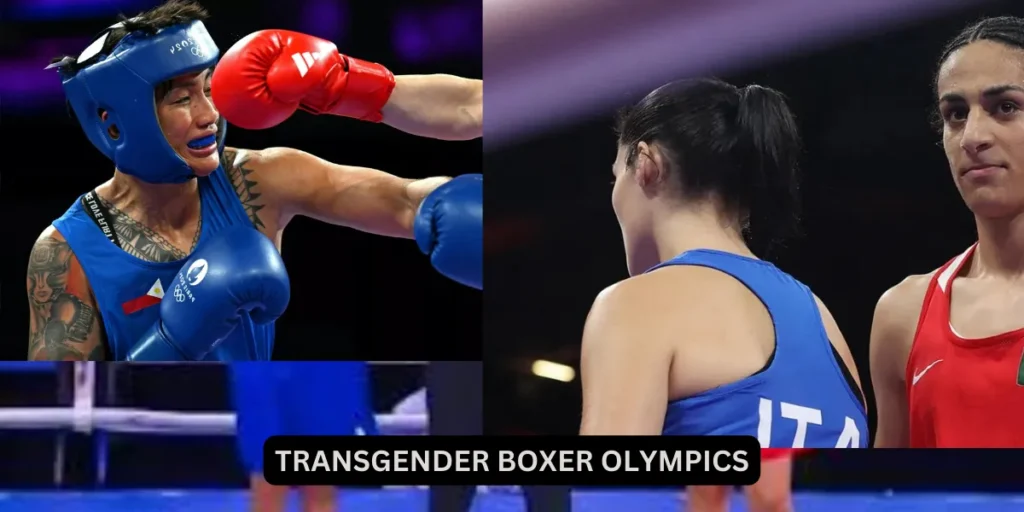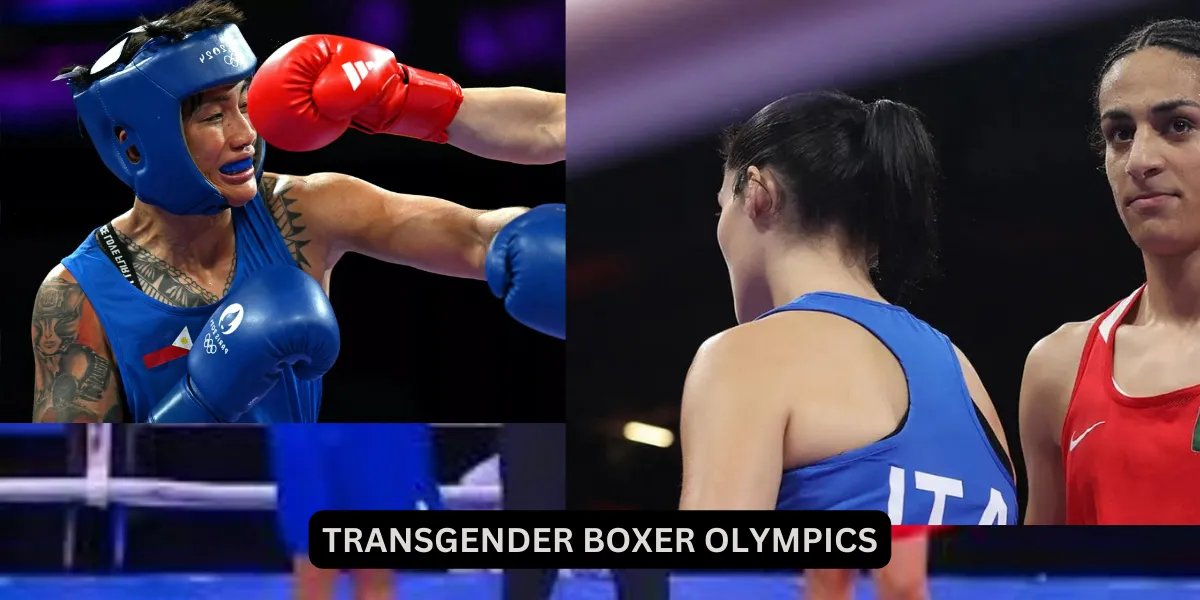
Transgender Boxer at the Center of Olympic Controversy
transgender boxer olympics The 2024 Paris Olympics has sparked an intense debate on the participation of transgender athletes in women’s boxing. Central to this controversy is Imane Khelif, an Algerian boxer who has secured a spot in the women’s division.
Who is Imane Khelif?
Imane Khelif is a highly skilled boxer with a history of impressive achievements. She has previously clinched a silver medal at the World Boxing Championships, showcasing her exceptional talent and dedication to the sport. However, her involvement in the Olympics has ignited a fierce discussion about fairness and inclusivity in women’s sports.
The Controversy Explained
The controversy surrounding Khelif arises from her past experiences in the sport. In 2023, she was disqualified from the World Boxing Championships after failing a gender eligibility test. While the specifics of the test remain undisclosed, this incident has led to significant scrutiny regarding her eligibility to compete in the women’s category.
Arguments Against Khelif’s Participation
Opponents of Khelif’s participation argue that her inclusion provides an unfair advantage over biological females due to potential physical differences. They believe this undermines the principles of fair competition and the rationale behind having separate categories for men and women. Critics contend that allowing transgender athletes like Khelif to compete in women’s sports could compromise the integrity of the competition.
Arguments in Favor of Khelif’s Participation
Supporters of Khelif emphasize the importance of inclusion and equality. They argue that transgender athletes should have the same opportunities to compete as their peers. Excluding transgender women from women’s sports, they assert, is discriminatory and perpetuates a negative message about inclusivity. Advocates for Khelif highlight that the participation of transgender athletes can enrich the diversity of the sporting community.
The Impact on Women’s Boxing
The debate over Khelif’s participation has significantly impacted the world of women’s boxing. The boxing community is divided, creating a charged atmosphere filled with conflicting viewpoints. Some female boxers have voiced concerns about facing transgender athletes in the ring, fearing it may affect the fairness of the competition. Conversely, other athletes have expressed their support for the inclusion of transgender athletes, advocating for a more inclusive and diverse sporting environment.
Athletes’ Perspectives
The mixed reactions from athletes underline the complexity of this issue. While some female boxers worry about potential disadvantages, others see the inclusion of transgender athletes as a step toward broader acceptance and equality in sports. These differing perspectives reflect the broader societal debate on transgender inclusion in competitive sports.
The Role of Governing Bodies
Sports governing bodies, including the International Olympic Committee (IOC) and the International Boxing Association (IBA), are under immense pressure to address this issue. Developing clear and equitable guidelines for the participation of transgender athletes is crucial to maintaining the integrity of women’s sports. However, finding a solution that satisfies all stakeholders is a formidable challenge.
Creating Fair and Inclusive Policies
Governing bodies must navigate the delicate balance between fairness and inclusivity. Establishing criteria that ensure a level playing field while respecting the rights of transgender athletes is essential. This includes setting clear guidelines for gender eligibility and ensuring that all athletes have a fair chance to compete.
The Broader Implications
The controversy involving Imane Khelif has brought to light the broader complexities of gender and sports. It has spurred discussions on how to define gender categories, what constitutes a fair competition, and how to reconcile the rights of transgender athletes with those of other competitors. These discussions are critical in shaping the future of sports and ensuring that they remain inclusive and fair for all participants.
Balancing Rights and Fairness
The challenge lies in balancing the rights of transgender athletes with the principles of fair competition. Ensuring that all athletes, regardless of gender identity, have the opportunity to compete on an even playing field is a fundamental aspect of sportsmanship. This requires ongoing dialogue, research, and the development of policies that reflect the evolving understanding of gender and sports.
Conclusion
The case of Imane Khelif has underscored the complexities surrounding the participation of transgender athletes in women’s sports. Trans Boxer Makes History at Olympics 2024 As the debate continues, it is imperative to approach this issue with empathy, understanding, and a commitment to finding solutions that respect the rights of all athletes. Creating a fair and inclusive framework is essential for the future of sports, ensuring that all competitors can participate with integrity and equality.

